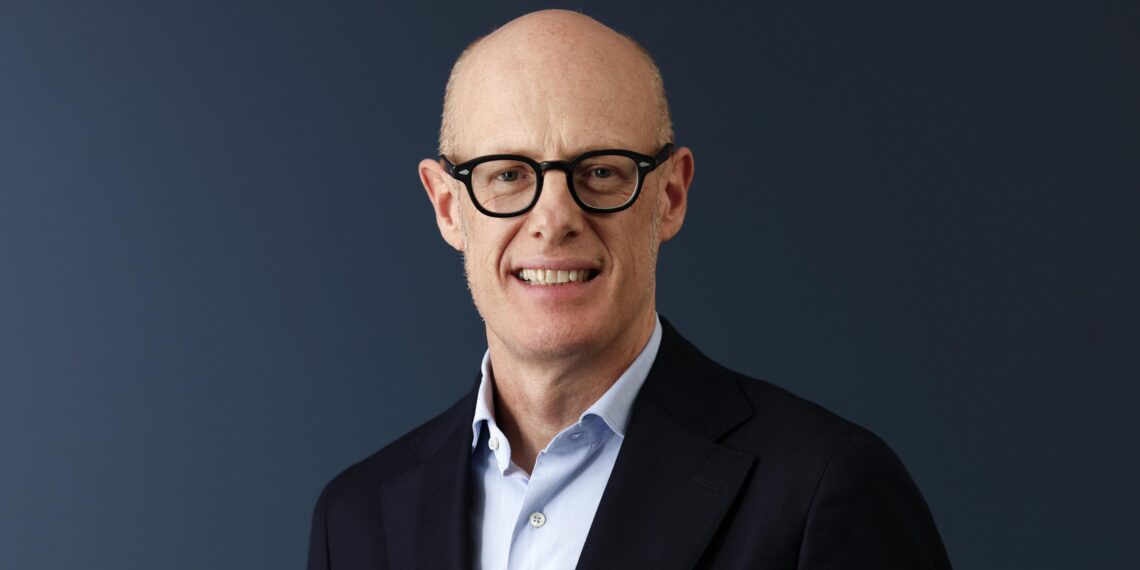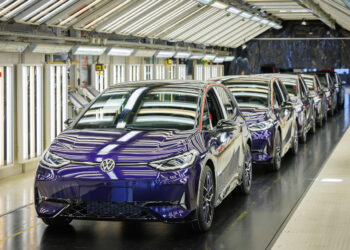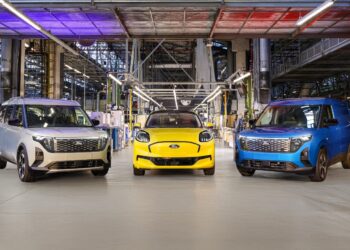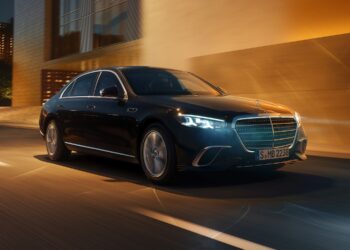Oliver Blume, 57, could not withstand the poor results of Porsche, a brand that went from being the crown jewel of the German automotive industry to a troubled company in just two years. This is evidenced by the withdrawal from the World Endurance Championship (WEC) in 2026, due to the cost of the program. Or the announcement, in the form of a warning, issued on September 19 of last year, that this year’s profit margin, in the most optimistic scenario, would be 2%, due to a combination of factors with negative impacts on results – such as the significant slowdown in sales in China, the increase in customs duties in the US, and the setback in the electrification process, a decision with a cost estimated at around 1.8 billion euros.
Faced with this situation, and under pressure from shareholders, the management of Porsche, unsurprisingly, decided to change leadership. On January 1, 2026, Oliver Blume, after ten years at the helm of a manufacturer that has lost 50% of its stock value since 2022 – and, therefore, also lost the coveted title of the most valuable European manufacturer – will step down from the executive directorship and the chairmanship of the board, and will be able to focus solely on the Volkswagen Group, which he will lead for another five years, until 2030 (positions he has held concurrently for three years).
His successor is Michael Leiters, 54, who was hired from McLaren’s automotive division, but is not a new name at Porsche. He had already worked at the brand from 2000 to 2013 and led the development program for the first Cayenne Hybrid before taking charge of the two SUV ranges of Porsche, the products behind the financial success that allowed the continued production of its most iconic car, the 911.
From 2014 to 2022, this engineer led the technological department of Ferrari and was involved in the creation of several highly successful supercars from the Maranello house, particularly the first equipped with combustion engines supported by electric motors: the SF90 Stradale and the 296 GTB (he is also credited with participating in the launch of the Purosangue and Ellectrica projects). On July 1, 2022, he took over as the CEO of McLaren, a position he left, prophetically, in April, having been unable to recover the company as he had hoped, but he is credited with the launches of the 750S and the Artura, for example, as well as laying the groundwork for the production of the first SUV.
In these two roles, both in Italy and in England, the German was also required to work on restructuring plans. Already at Porsche, the immediate priorities will be to rethink the investment plan in new models, and in electric and electrified powertrains, and to eliminate almost 4,000 jobs. Wolfgang Porsche, Chairman of the Supervisory Board of Porsche AG, explained this choice. “He has many decades of experience in the automotive industry. His leadership style and technical knowledge are essential prerequisites for being successful in a company he knows well”. He thanked and praised Oliver Blume’s contribution: “He took command in difficult times and did so with competence, responsibility, and results”.
Oliver Blume, at the time of farewell, reflected on his ten-year journey at Porsche and acknowledged that changes in the automobile industry require “new blood” at the helm of the company: “Significant changes in our largest markets, China and the US, have had negative impacts on our business model. Therefore, this year, we have already initiated a restructuring program and adapted our product strategy. I leave the company prepared for the future. I will remain with the group and intend to continue supporting this brand.”
The VW Group, the largest car manufacturer in Europe, plans to eliminate 35,000 jobs in Germany by 2030. For analysts, the change in leadership of the brand was anticipated. And shareholders applauded: “Finally, there was a response to the criticisms, and it was a good response,” said Hendrick Schmidt from DWS, an entity that holds a significant stake in the manufacturer’s capital. On the stock market, following this announcement, the shares of both Porsche (up 1.2%) and the VW Group (up 1.7%) increased in value.










